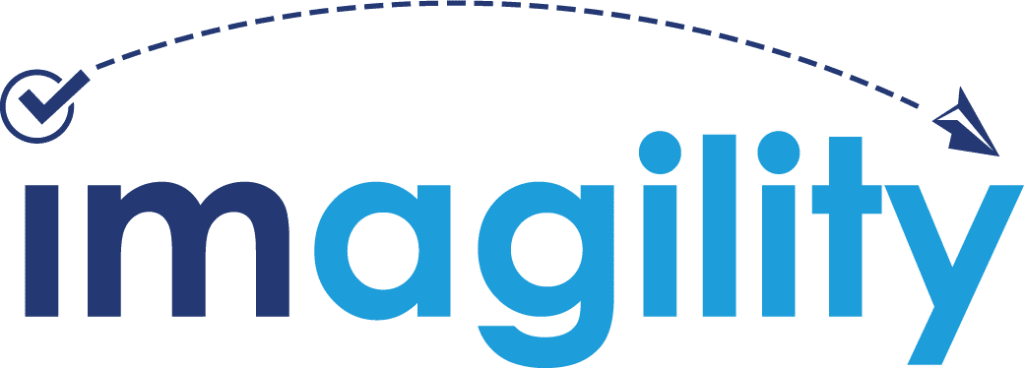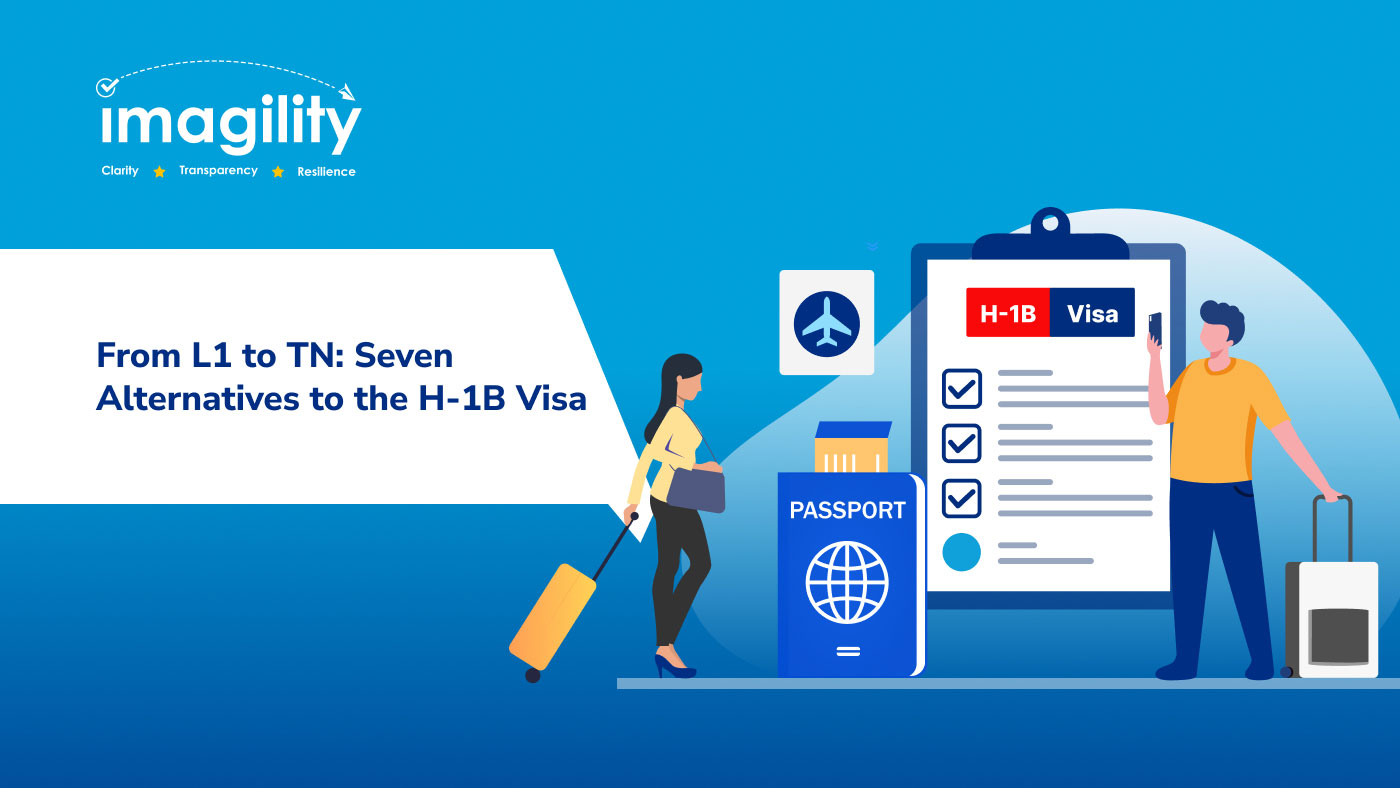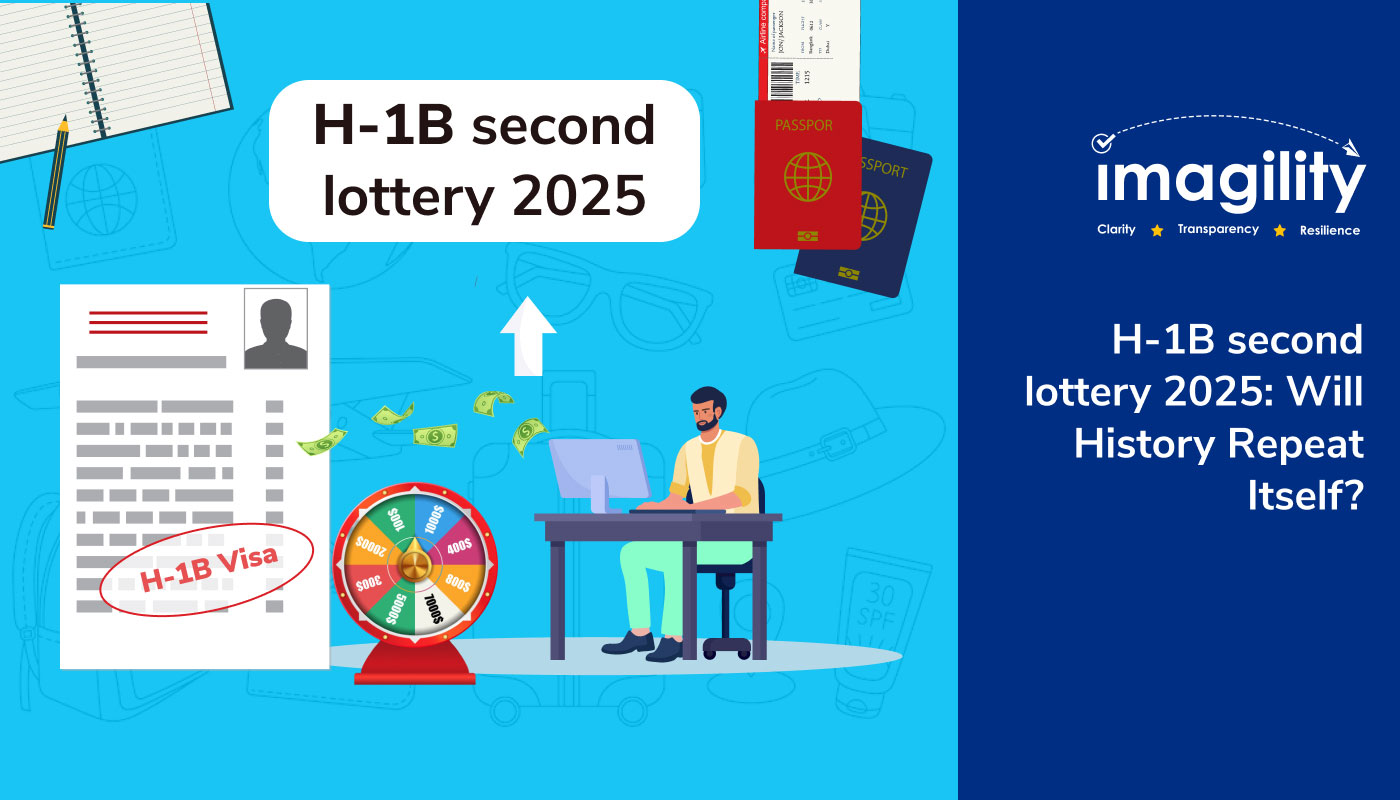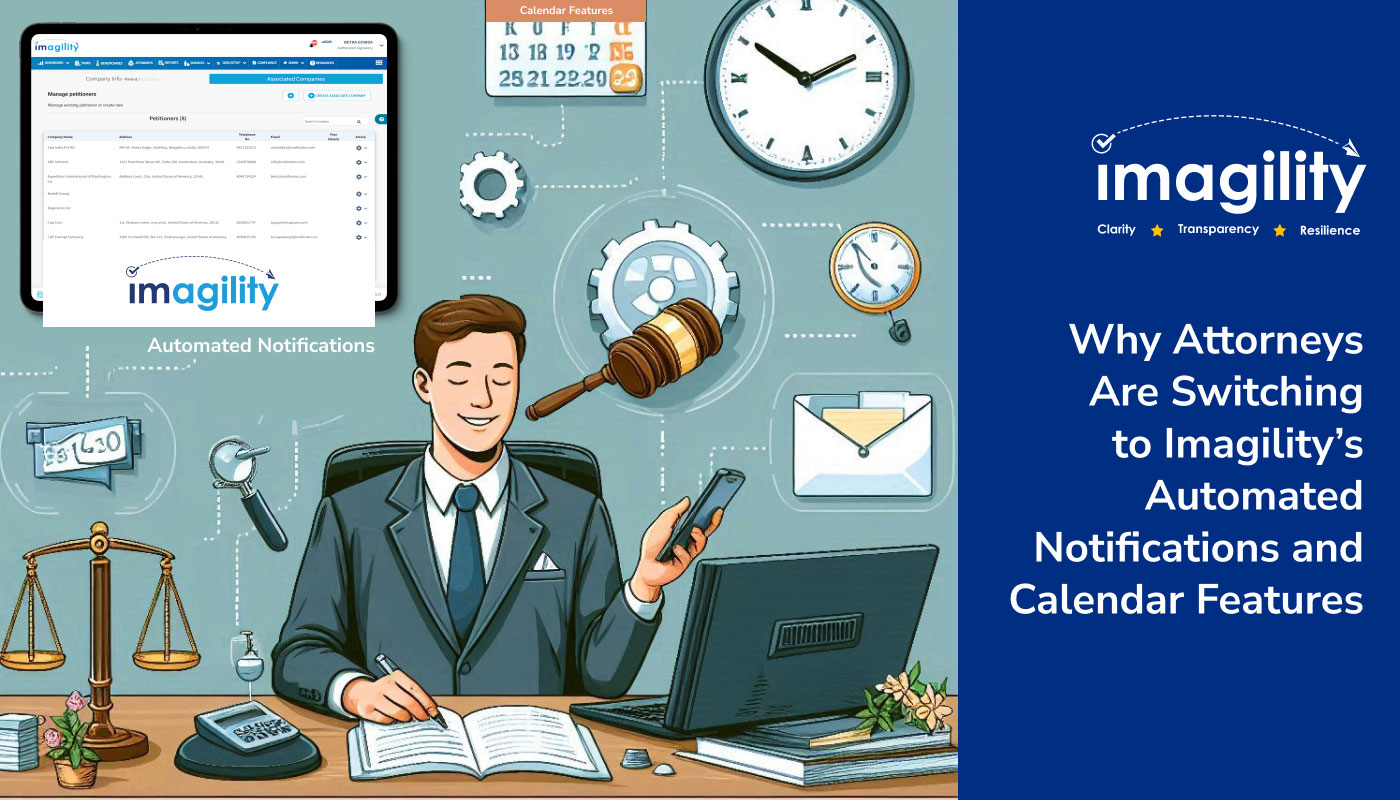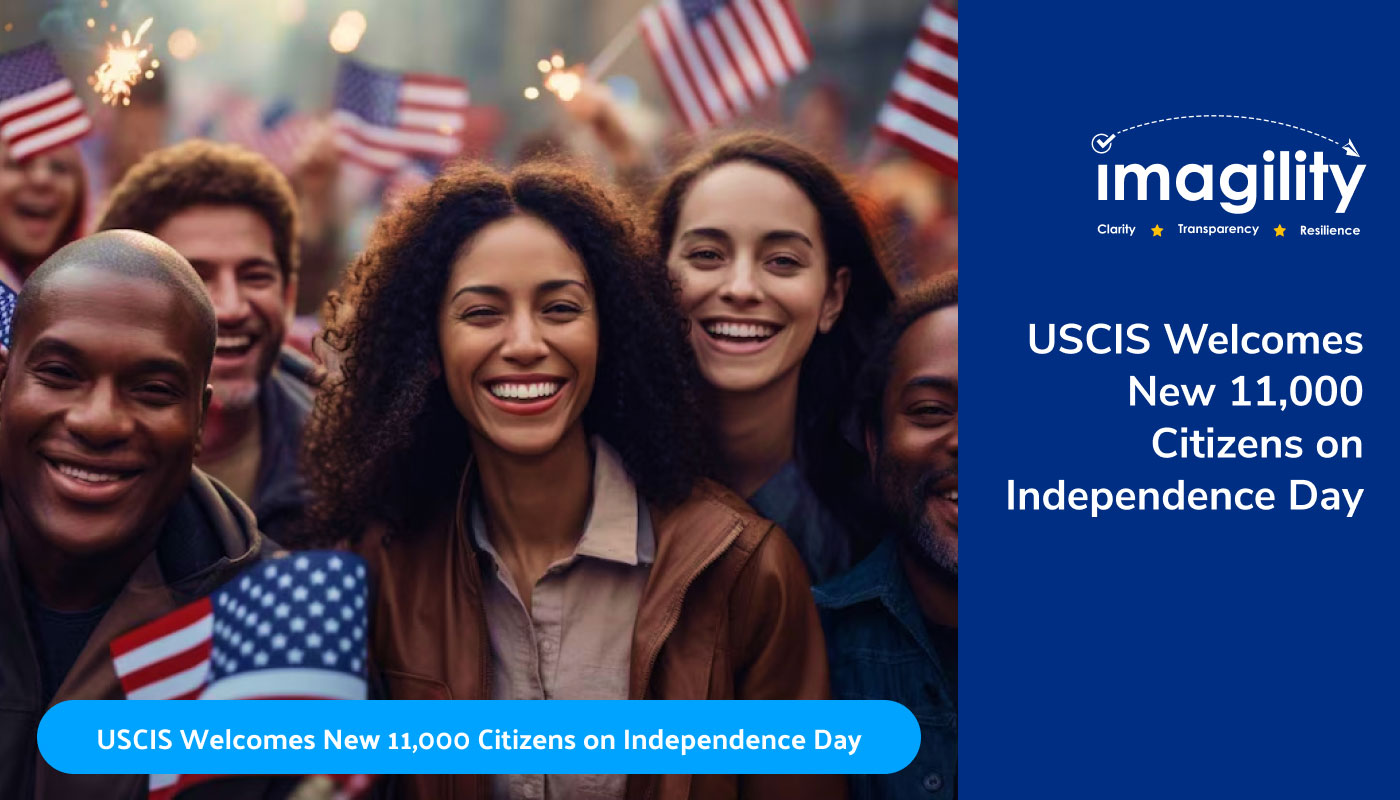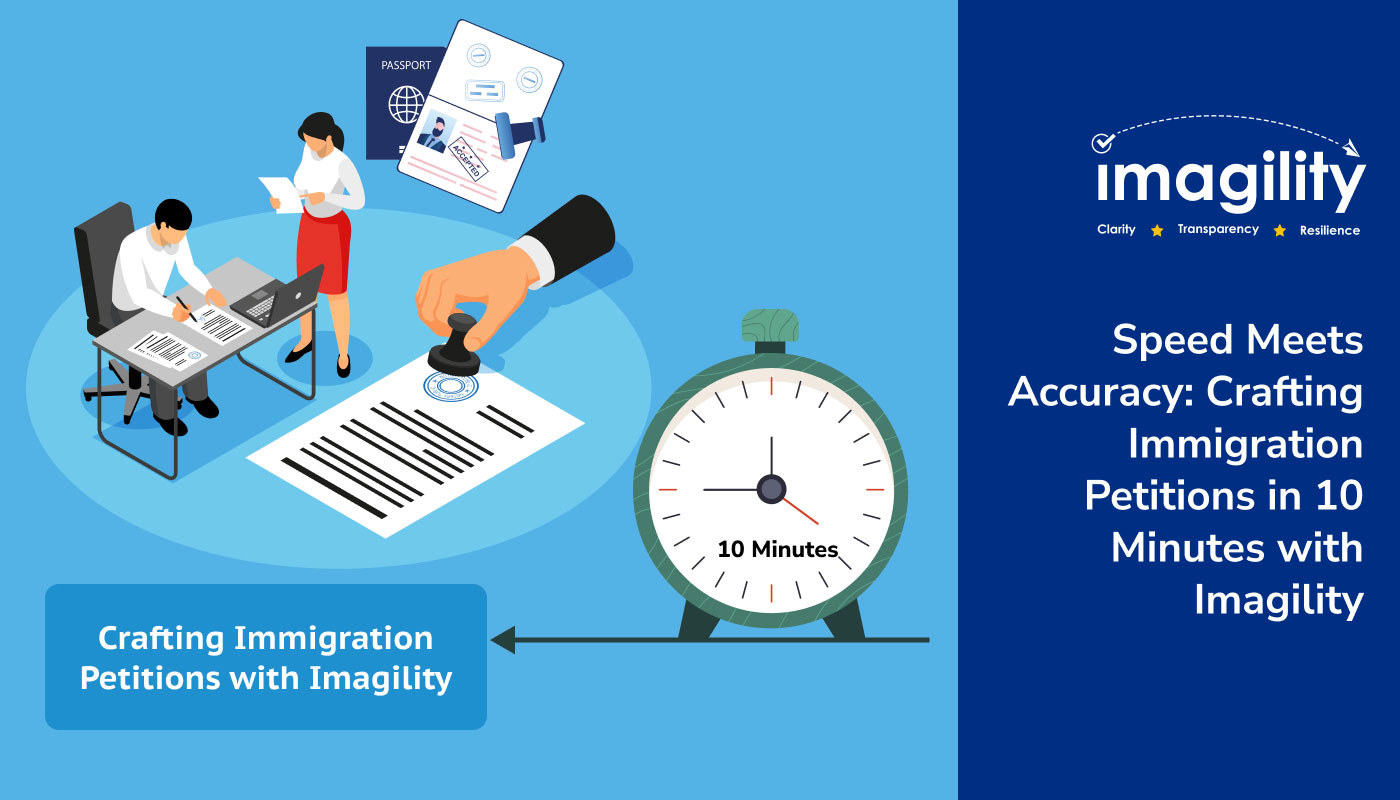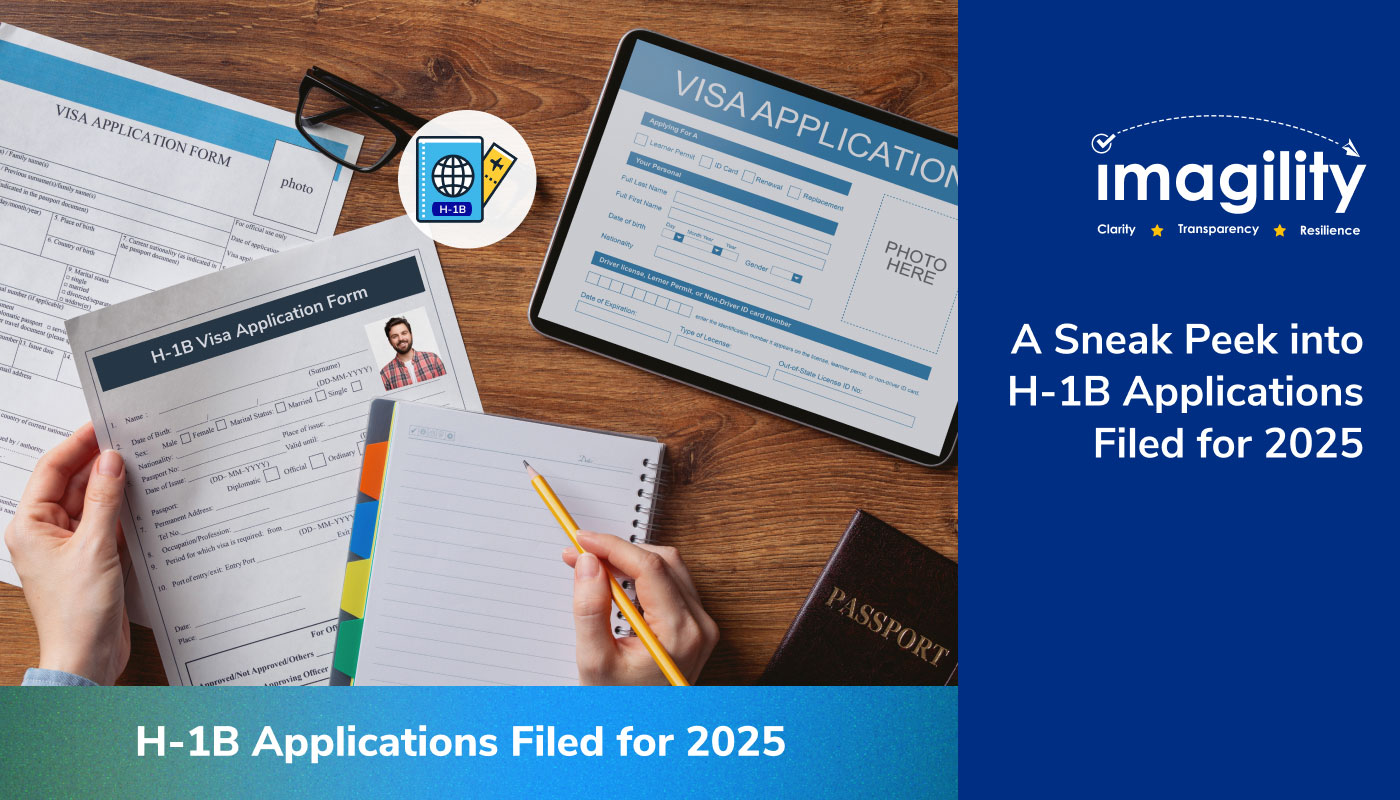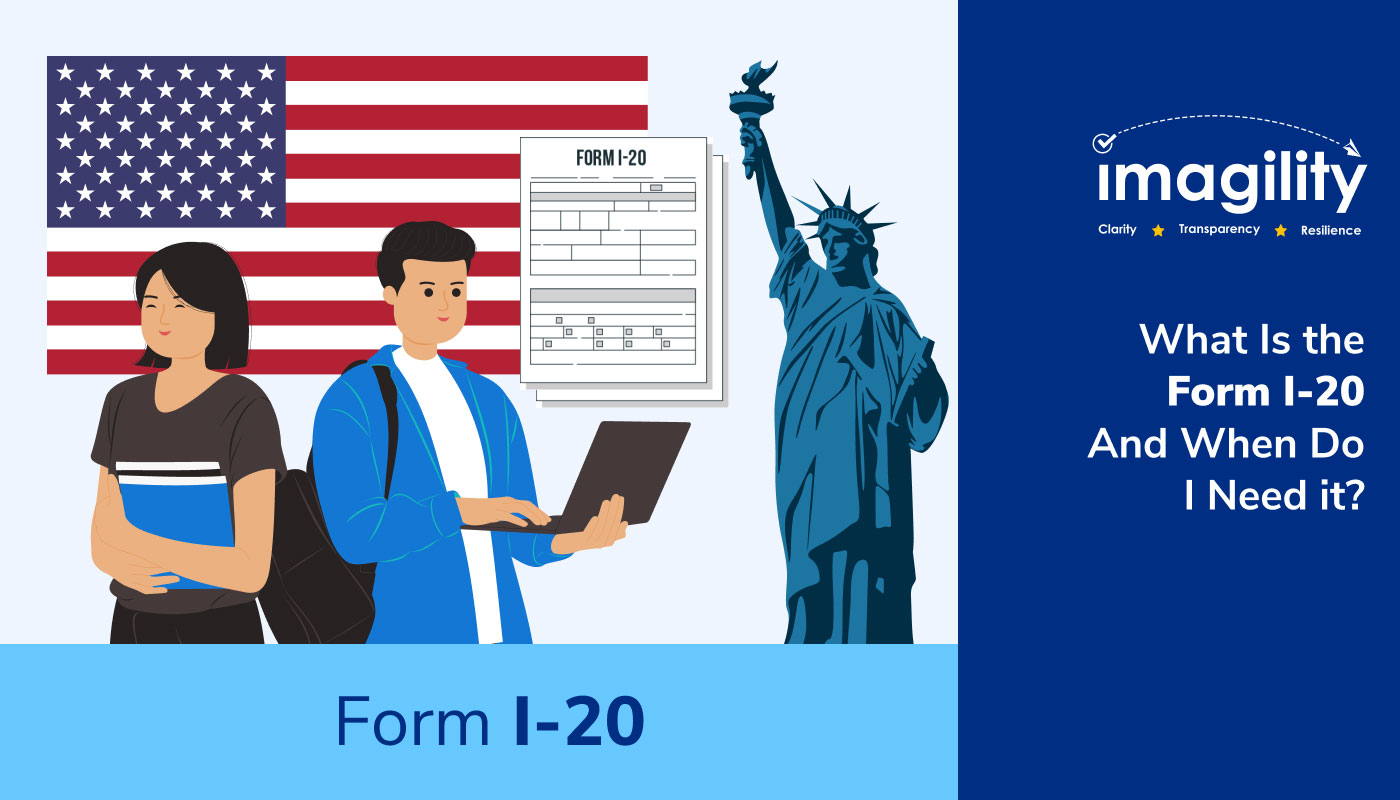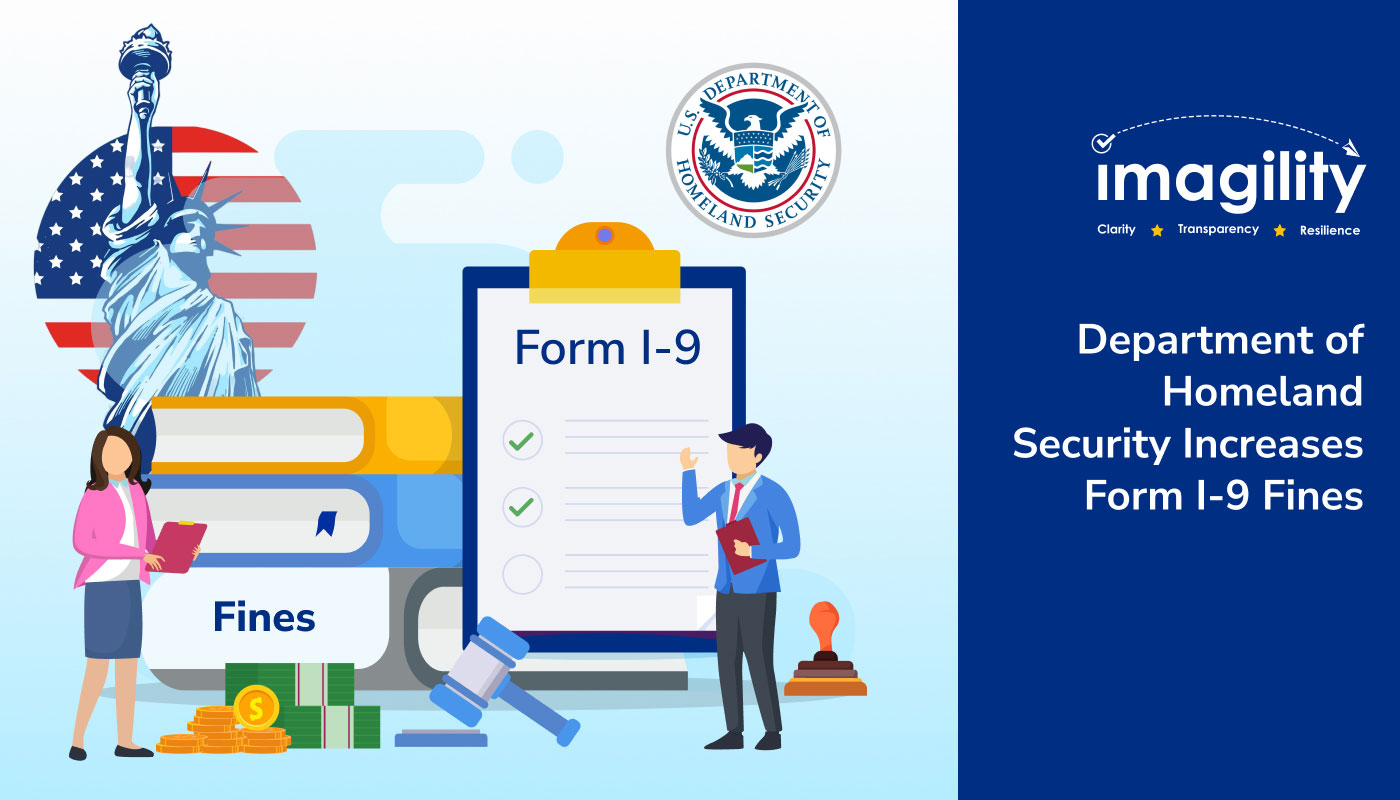Table of Contents
L-1 intracompany transferee
O-1 or P-1 extraordinary ability visas
F1 OPT
H1B cap exempt
E1 OR E2 treaty trader or investor visa
J1 visa
TN visa
The Bottom line
The initial round of the H1B lottery has been completed successfully, and the individuals chosen in this lottery have received notifications from the USCIS to proceed with filing complete petitions. However, those who have not been selected may feel disheartened as they recognize the H1B visa as a viable pathway to work and reside in the United States.
It’s not uncommon for individuals to be unwilling to wait for the following year, and they seek out alternatives to the H1B visa. In this blog, we have comprehensively analyzed and discussed seven H1B alternatives.
Keep reading to explore all of them.
L-1 intracompany transferee
One potential alternative to the H-1B visa is the L-1 Intracompany transferee visa. This visa is for foreign professionals who have been employed with a qualifying foreign company for at least one year and are transferring to a related U.S. company in a managerial, executive, or specialized knowledge capacity.
One of the benefits of the L-1 visa is that it does not have an annual cap like the H-1B visa. This means that you can apply for an L-1 visa at any time of the year and are not subject to the lottery system.
To apply for an L-1 visa, your employer needs to file a petition with the USCIS. You must attach the supporting documents that show you have worked for the foreign affiliate for at least one year.
Once the petition is approved, you can then apply for the L-1 visa at a U.S. embassy or consulate in your home country. The visa is typically granted for three years, with the option to renew for up to seven years for executive or managerial employees or up to five years for specialized knowledge employees.
Hence, the L-1 visa is a great alternative to H1B for those who qualify and are seeking to work in the U.S. for a multinational company.
O-1 or P-1 extraordinary ability visas
If you have extraordinary abilities in your field, you might be eligible for an O-1 or P-1 visa. These visas are designed for individuals who have reached the top of their professions and have a level of expertise that is above the ordinary.
The O-1 visa is for individuals who possess extraordinary abilities in sciences, arts, education, business, or athletics. The P-1 visa is for athletes, entertainers, or group performers who have achieved national or international acclaim in their field.
To qualify for an O-1 or P-1 visa, you must demonstrate that you have received sustained national or international recognition for your achievements. This can be shown through awards, publications, memberships in professional associations, and other forms of recognition.
Thus, if you have exceptional abilities in your field and are unable to secure an H-1B visa due to the cap, the O-1 or P-1 visa could be a viable H1B alternative option to consider.
F1 OPT
If you are a student on an F-1 visa and have completed your studies, you may be eligible for Optional Practical Training (OPT). OPT allows you to work in your field of study for up to 12 months after graduation, with the option to extend for an additional 24 months if you have secured a STEM degree.
While OPT may not be a long-term solution, it can provide valuable work experience and potentially lead to other visa opportunities. It also gives you time to explore other options and network with potential employers.
Remember that there are specific requirements and deadlines for applying for OPT, so plan accordingly. Also, be aware that you cannot accrue more than 90 days of unemployment during your OPT period.
F-1 OPT can be a useful alternative for those affected by the H-1B cap. It provides an opportunity to gain valuable work experience in the US while exploring other visa options for a long-term stay.
H1B cap exempt
If you’re looking for alternatives to the H-1B visa, it’s important to explore H-1B cap-exempt options. These are visas that do not count against the annual cap of 85,000 H-1B visas that are issued each year.
There are several ways to qualify for an H-1B cap-exempt visa. For instance, if you’re an employee of a nonprofit research organization or a government entity, you may be eligible. Similarly, if you’re working at an institution of higher education or a related nonprofit, you may be exempt from the cap.
However, there may be additional criteria that must be met for these categories, so it’s important to consult with an immigration expert to determine your eligibility.
E1 OR E2 treaty trader or investor visa
If you’re an entrepreneur or investor seeking a visa, the E-1/E-2 Treaty Trader or Investor visa might be a viable option for you. These visas allow nationals of certain treaty countries to come to the United States and engage in international trade or invest in U.S. enterprises.
- To qualify for an E-1 visa, you must be coming to the U.S. solely to engage in substantial trade between the U.S. and your home country.
- To qualify for an E-2 visa, you must be coming to the U.S. to invest a substantial amount in a U.S. business in which you will have controlling ownership.
One benefit of the E-1/E-2 visa is that there is no cap on the number of visas issued each year, so you don’t have to worry about the same competition as you would with an H-1B visa.
To qualify for an E-1/E-2 visa, you need to be a citizen of a treaty country. Some of the countries that have treaties with the U.S. include the United Kingdom, Japan, Germany, and Australia. You also need to demonstrate that your business is actively engaged in trade or investment and that you have the funds necessary to invest in a U.S. business.
J1 visa
J-1 visa is one of the best alternatives to an H1B visa. This visa is typically designed for individuals who want to participate in work-and-study-based exchange visitor programs. The J-1 visa program allows students, scholars, and professionals worldwide to come to the United States for a limited period of time to learn, teach, or conduct research in their fields.
The J-1 visa has several categories, each with its own specific requirements and restrictions. For example, the J-1 visa for interns and trainees allows individuals to gain practical experience in their field of study or work for a limited period of time. The J-1 visa for professors and research scholars allows individuals to teach or conduct research at academic institutions in the United States for up to five years.
To apply for the J-1 visa, you will need to demonstrate that you have the necessary qualifications and experience to participate in the J-1 program.
TN visa
Another alternative to the H-1B visa is the TN visa, which is available for Canadian and Mexican nationals. This visa category was created under the North American Free Trade Agreement (NAFTA) and is available to certain professionals who are employed in designated occupations.
The TN visa allows individuals to work in the US for a temporary period of time. However, unlike the H-1B visa, there is no cap on the number of TN visas that can be issued each year. Additionally, the TN visa does not require the same level of education or experience as the H-1B visa, making it a viable option for individuals looking for H1B alternatives.
To be eligible for a TN visa, an individual must be a citizen of Canada or Mexico and must be employed in one of the designated occupations. These occupations include professions such as accountants, engineers, and scientists. Additionally, the individual must have a job offer from a U.S. employer.
Discover H-1B visa alternatives visually!
Check out our Infographic s on Alternatives to the H-1B Visa now.
The Bottom line
In conclusion, while the H-1B visa is a popular option for individuals looking to work and stay in the US, there are a number of H1B alternatives available. By exploring these options, individuals can find a visa that meets their needs and allows them to work and thrive in the United States. Since each visa has its own requirements and limitations, it is important to consult with an immigration expert to determine which visa is the best fit for your specific situation.
Imagility, an end-to-end immigration software, provides beneficiaries the platform to collaborate with petitioners and attorneys to craft a well-structured petition quickly and efficiently. By covering a range of work, family, and humanitarian visas, Imagility enables Individuals to create their world and live their lives confidently. The platform helps simplify the immigration process for beneficiaries and increases the chances of visa approvals.
Reach out to us for a demo today at sales@imagility.co
Call us at +1 603 782 4622/+1 617 865 6588.
For more info, visit us at www.imagility.co
